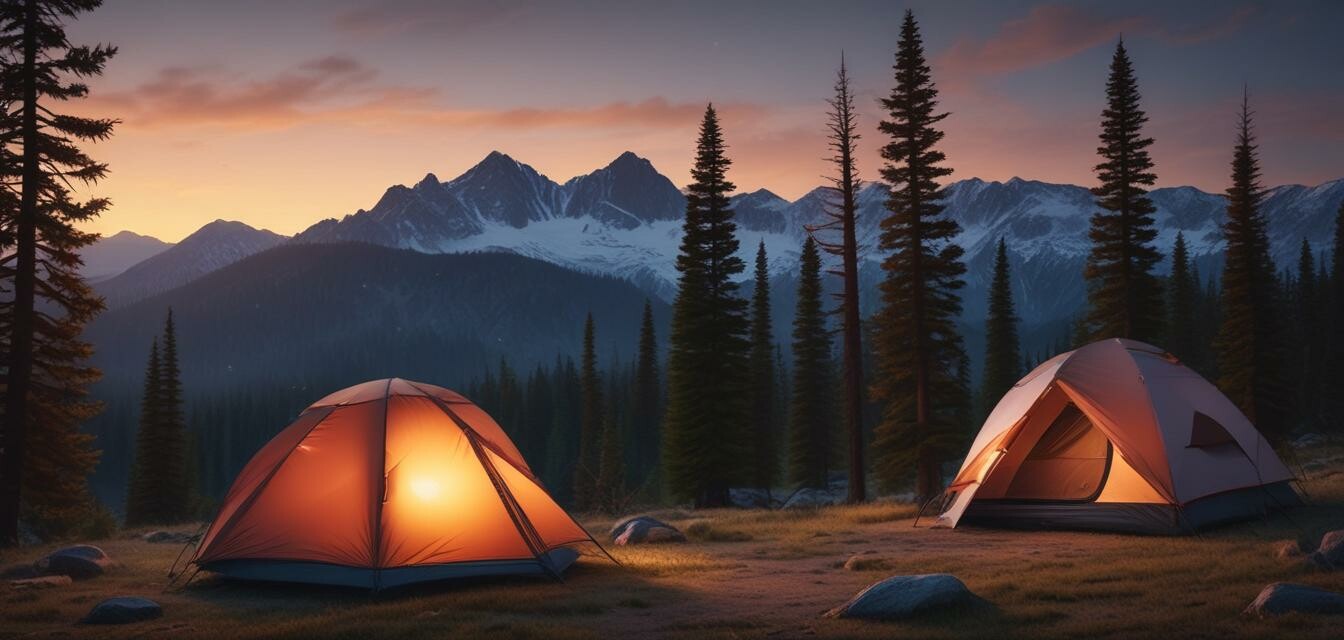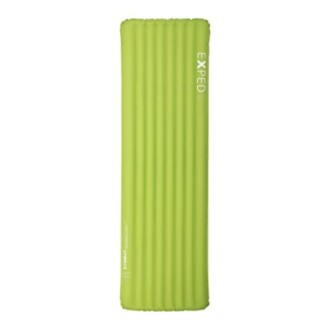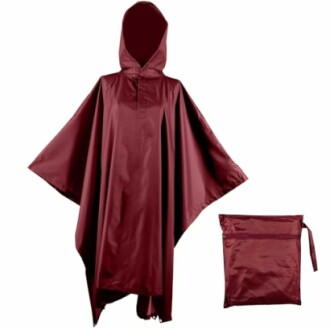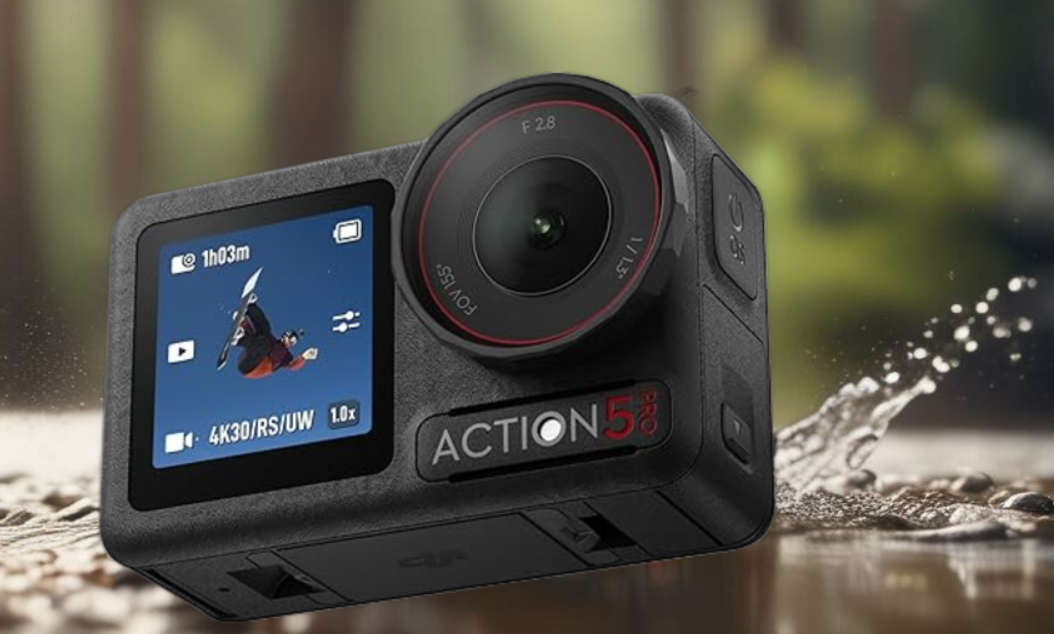
As an Amazon Associate, I earn from any qualifying purchases, at No Extra Cost to You.
Ultimate Guide to Selecting a Tent for Backpacking
Key Takeaways
- Choose a tent that matches your specific backpacking needs - weight, size, and weather conditions are important factors.
- Look for durability and ease of setup to ensure a hassle-free camping experience.
- Consider the number of occupants and storage needs when selecting the right size tent.
- Understand different materials and their weather resistance to enhance your outdoor experience.
Choosing the right tent for your backpacking needs is essential to ensuring a comfortable outdoor experience. From lightweight options for solo trekkers to family-sized tents for group adventures, understanding your requirements is critical. In this guide, we will delve into the essential features and considerations when selecting the perfect tent for your backpacking trips.
Types of Tents for Backpacking
Backpacking tents come in various shapes and sizes, each designed for different purposes. Below are the primary types to consider:
| Type | Description | Ideal Conditions |
|---|---|---|
| Dome Tents | Sturdy and stable, with a curved structure offering headroom. | All-around use, very versatile. |
| Tunnel Tents | Long, narrow tents that are lightweight and easy to pitch. | Best for high winds, but offers limited headroom. |
| Backpacking Tarps | Minimalistic choice for ultralighters who want to save weight. | For mild weather, requires extra setup skills. |
| 4-Season Tents | Designed to handle extreme weather conditions. | For winter or exposed conditions. |
Factors to Consider When Choosing a Backpacking Tent
When selecting a tent for backpacking, keep these key factors in mind:
1. Weight and Size
The weight of your tent is critical, especially if you plan to carry it for long distances. Look for ultralight options that do not compromise on space and comfort. Generally, aim for a total tent weight (including stakes and rainfly) of under 3-4 lbs per person.
2. Weather Resistance
Consider the weather conditions you’ll encounter. A 3-season tent suits most trips but if you expect snow or high winds, opt for a 4-season tent. Review the tent’s waterproof rating (measured in mm) to ensure it can handle rain.
3. Ease of Setup
Look for tents that offer straightforward setup processes. Features like color-coded poles, clips, and easy-to-follow instructions can save you time and hassle on weary nights.
4. Ventilation
A well-ventilated tent reduces condensation build-up, which is important for comfort. Look for a tent with multiple vents and ample mesh panels.
Recommended Products
Here are some excellent options to consider for your next backpacking adventure:
Exped Ultra 5R
Lightweight and comfortable sleeping pad designed for backpacking offered great insulation and support for restful nights outdoors.
Learn MoreHeavy Duty Rain Poncho
This waterproof and lightweight poncho is perfect for backpacking, keeping you dry during rain and emergencies.
Learn MoreSetting Up Your Tent Properly
Once you've chosen your tent, it's vital to know how to set it up efficiently:
- Choose a flat surface, ideally with natural ground cover like grass or grass.
- Lay out the tent fly and place the tent body on top.
- Insert the poles into their respective sleeves and secure them with clips.
- Attach the rainfly for added weather protection.
Caring for Your Tent
To prolong the life of your tent, consider these care tips:
- Always dry your tent thoroughly before packing it away.
- Avoid using harsh chemicals for cleaning; mild soap and water work best.
- Store your tent loosely in a dry place, not in its stuff sack.
Conclusion
Selecting the right tent for backpacking can significantly enhance your outdoor experience. Keep in mind the types of tents, essential features, and the specific climate conditions you may face. By choosing wisely, you can enjoy the great outdoors fully equipped and prepared for your adventures ahead!
Tips for Beginners
- Start with a budget-friendly tent that meets your needs.
- Practice setting it up in your backyard before venturing on a trip.
- Always check the weather forecast prior to your trip.
- Join backpacking forums to seek advice and recommendations.


